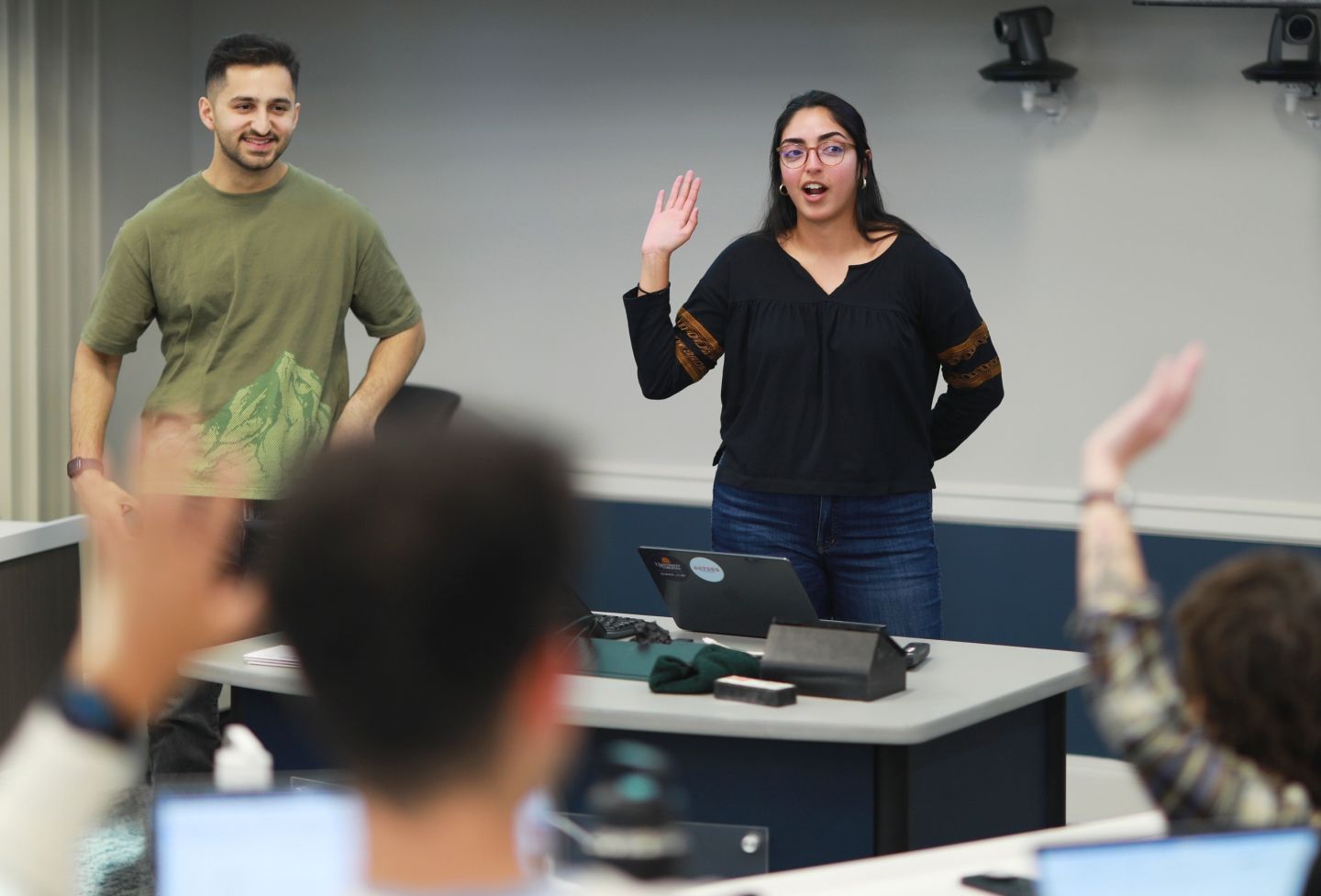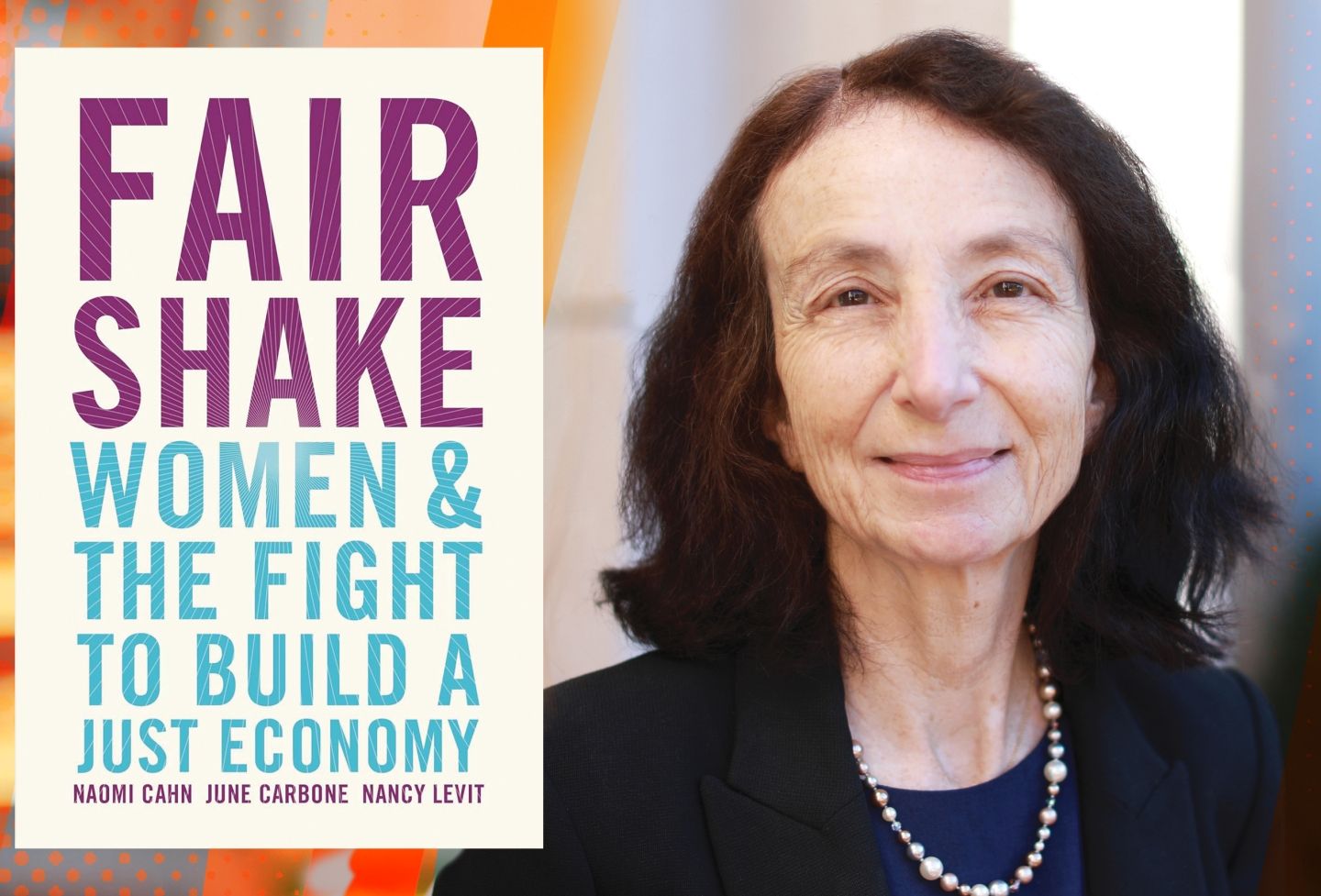Goluboff Awarded Guggenheim Fellowship
Law School professor Risa L. Goluboff has been named a Guggenheim Fellow in the field of constitutional studies, the John Simon Guggenheim Memorial Foundation announced yesterday.

"I'm honored that the Guggenheim Foundation is supporting my work," Goluboff said. "I am just thrilled. This award feels like an affirmation not only of me but of the wonderful intellectual community of U.Va. Law School."
The Foundation awarded 180 fellowships to artists, scientists and scholars in the United States and Canada this year. The successful candidates were chosen from a group of almost 3,000 applicants.
A professor of law and of history at Virginia, Goluboff teaches constitutional law, civil rights litigation and legal history. Her scholarship focuses on the history of civil rights, labor and constitutional law in the 20th century. Her book, "The Lost Promise of Civil Rights, " won the 2008 James Willard Hurst Prize, given by the Law and Society Association for the best work in socio-legal history published in 2007. Goluboff is also co-editor, with Myriam Gilles, of "Civil Rights Stories, " published in 2008.
"Risa Goluboff is one of the leading young legal historians in the nation," said Law School Dean Paul G. Mahoney. "Her work has illuminated law's effects on peoples' daily lives."
Goluboff earned her J.D. from Yale Law School, and her Ph.D. in history from Princeton University. She clerked for Judge Guido Calabresi of the 2nd U.S. Court of Appeals and then for U.S. Supreme Court Justice Stephen G. Breyer. She joined the University of Virginia faculty in 2002.
Goluboff will use the fellowship to support her work on her next book, which will explore how the collapse of vagrancy law was an integral part of the social revolutions of the 1960s, as well as the legal and social implications of that collapse in the decades since.
Vagrancy laws, which came to the American colonies from England, had long been used to regulate all kinds of marginal people — the poor, workers, political dissidents, racial minorities, and social and cultural nonconformists.
"But during the '60s, as a legal manifestation of the culture wars of the era, social movements and lawyers began challenging the constitutionality of vagrancy laws," Goluboff explained. "By 1972, the Supreme Court had struck them down."
Goluboff said she has been lucky in finding people at the University and in the broader scholarly community who have nurtured and fostered her work.
"I always worry that no one will be interested in African-American agricultural workers in the 1940s (the starting point for my last book) or vagrants in the 1960s," she said. "But it turns out that I'm not the only one who sees important legal, historical and social developments related to the efforts of people that history usually ignores."
Founded in 1819, the University of Virginia School of Law is the second-oldest continuously operating law school in the nation. Consistently ranked among the top law schools, Virginia is a world-renowned training ground for distinguished lawyers and public servants, instilling in them a commitment to leadership, integrity and community service.


